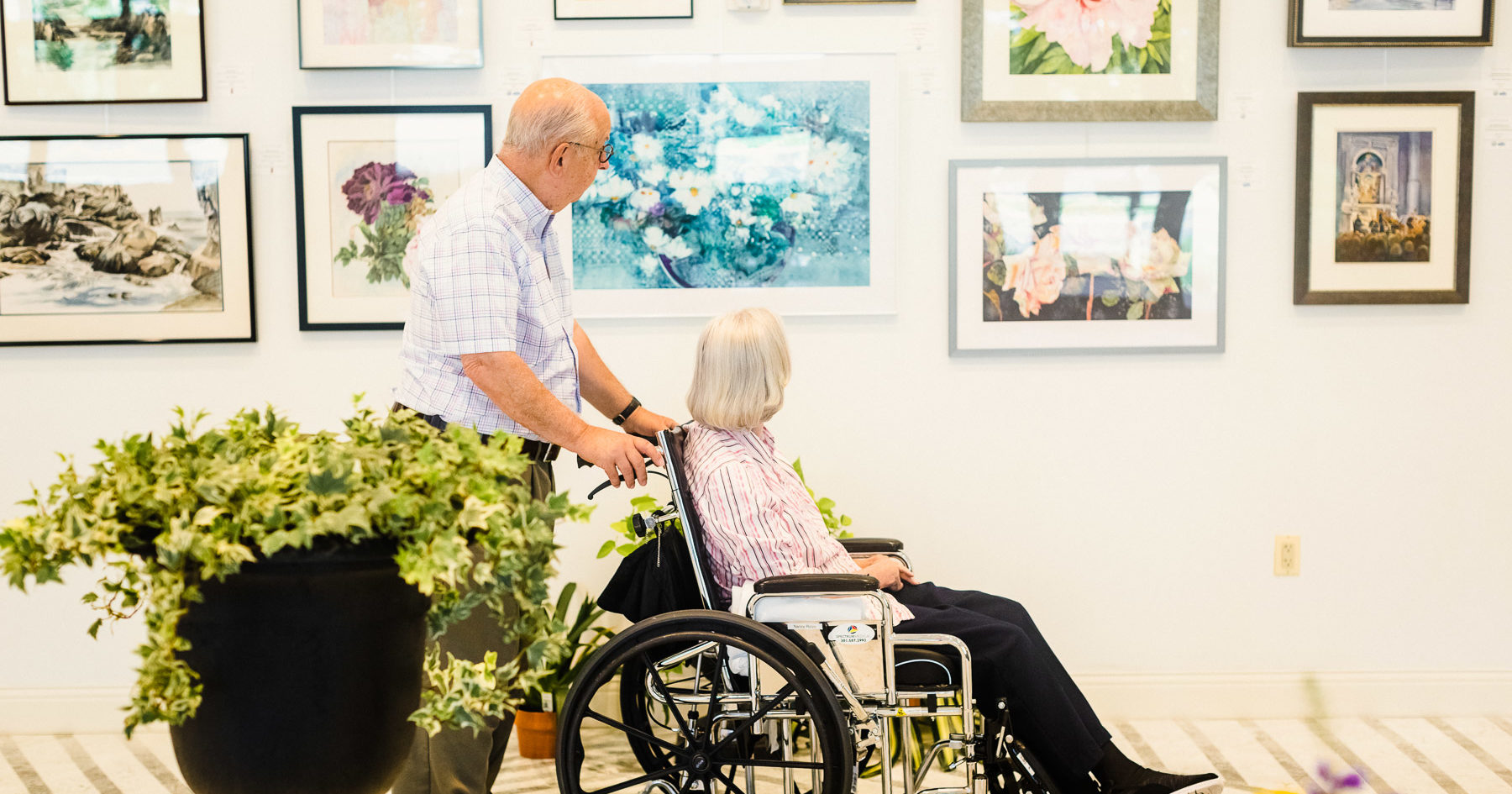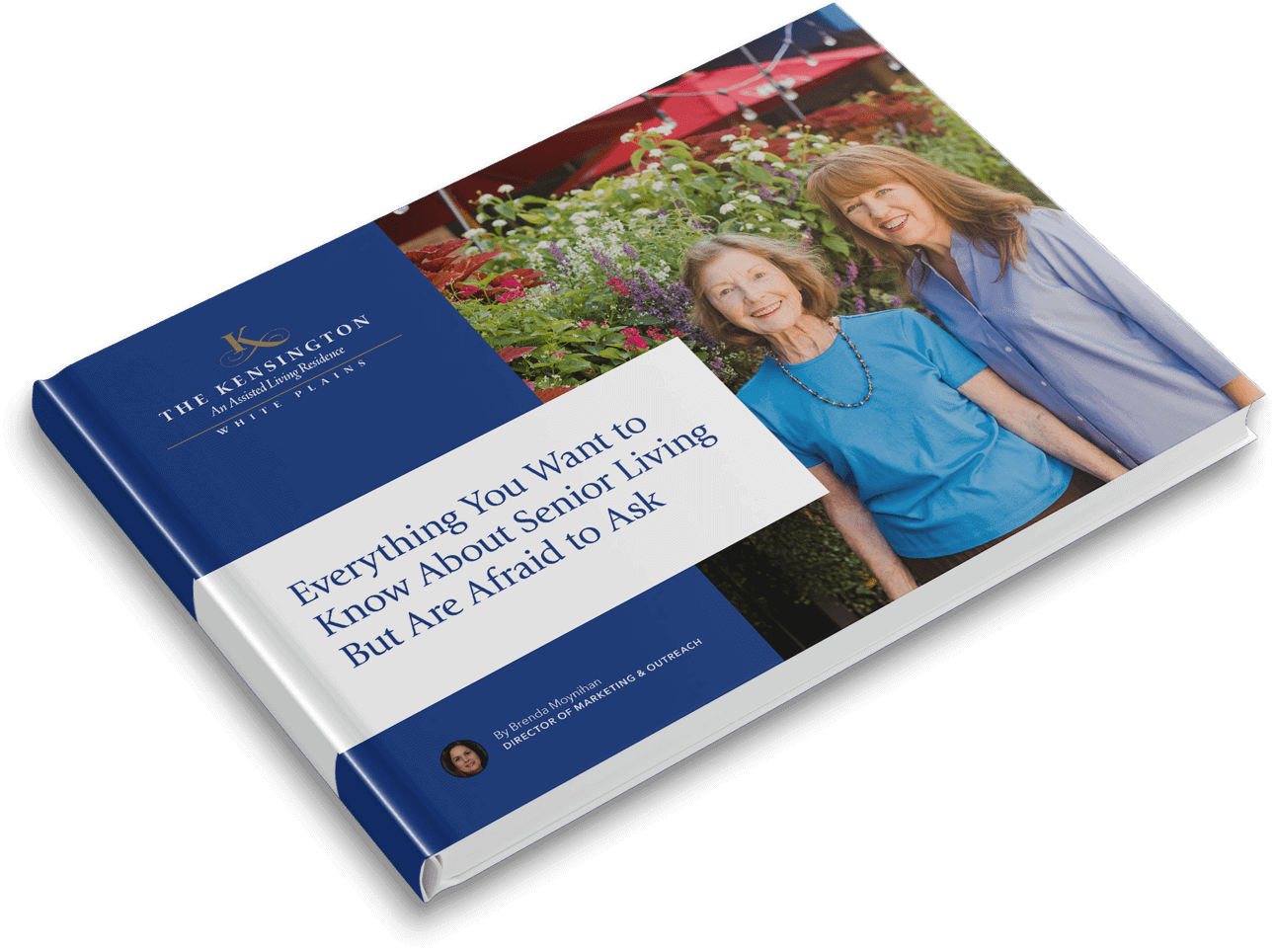Amyotrophic Lateral Sclerosis
We promise to love and care for your family as we do our own.

We promise to love and care for your family as we do our own.
Amyotrophic lateral sclerosis, often referred to as “Lou Gehrig’s Disease,” is a progressive neurodegenerative disease that affects nerve cells in the brain and the spinal cord. Motor neurons reach from the brain to the spinal cord and from the spinal cord to the muscles throughout the body. The progressive degeneration of the motor neurons in ALS eventually leads to their death. When the motor neurons die, the ability of the brain to initiate and control muscle movement is lost.
Early symptoms of ALS often include increasing muscle weakness, especially involving the arms and legs, cramps, tight and stiff muscles (spasticity) slurred speech, and difficulty chewing. The parts of the body showing early symptoms of the disease depend on which muscles in the body are affected. Regardless of the part of the body first affected by ALS, muscle weakness and atrophy spread to other parts of the body as the disease progresses. Individuals may develop problems with moving, swallowing (dysphagia), and speaking or forming words (dysarthria). With voluntary muscle action progressively affected, patients in the later stages of the disease may become totally paralyzed. And although the disease usually does not impair a person’s mind or intelligence, several recent studies suggest that some persons with ALS may have depression or alterations in cognitive functions involving decision-making and memory, especially as the disease progresses.
Usually occurring in the later stages of ALS, difficulty swallowing and chewing impair the person’s ability to eat normally and increase the risk of choking, therefore, many ALS patients are restricted to pureed diets and some require a feeding tube to assist in nutritional care. Many late stage ALS patients who become paralyzed require around-the-clock care. Almost all assisted living communities in the area cannot and will not care for a senior who requires such a high level of care, including those requiring a pureed diet. But, The Kensington is different. We are licensed as an Enhanced Assisted Living Residence. This license allows us to take care of folks with no care needs to those who have very high needs. We can and do take care of seniors who require a pureed diet, wheelchair-bound, and much more. We can successfully address the needs of seniors with Amyotrophic Lateral Sclerosis.
Physical therapy and exercise can enhance an individual’s independence and safety throughout the course of ALS. And physical therapists can recommend exercises that provide these benefits without overworking muscles. Occupational therapists can suggest devices such as walkers and wheelchairs that help individuals conserve energy and remain mobile. People with ALS who have difficulty speaking may benefit from working with a speech therapist. These health professionals can teach individuals adaptive strategies such as techniques to help them speak louder and more clearly. As ALS progresses, speech therapists can help people develop ways for responding to yes-or-no questions with their eyes or by other nonverbal means and can recommend aids such as speech synthesizers and computer-based communication systems.
These methods and devices help people communicate when they can no longer speak or produce vocal sounds. The Kensington has partnered with Lifetime Vitality to provide a customized in-house program of physical therapy, occupational therapy and speech therapy, to help maintain muscle strength and optimize functioning as much as possible for persons with ALS.
It has been found that gentle, low-impact aerobic exercise such as walking can strengthen unaffected muscles, improve cardiovascular health, and help ALS patients fight fatigue and depression. Range of motion and stretching exercises can help prevent painful spasticity and shortening (contracture) of muscles. The Kensington provides our residents with the Lifetime Vitality, a free on-site wellness program designed to fit all cognitive and fitness levels of our residents, including those with ALS. Through the Lifetime Vitality, daily stretching, strengthening and other exercises, help to relieve spasticity, increase strength and mobility, and help alleviate some symptoms of ALS.
If you’re the primary caregiver for an individual with ALS, “caregiver burnout” is a very real—and very common—problem. Caregiver burnout is a state of physical, emotional and mental exhaustion that occurs when someone is responsible for the long-term care of another person 24 hours a day, seven days a week.
Caregivers often experience symptoms of fatigue, anxiety, stress and depression. They feel guilty when they take time out for themselves—or neglect their own physical and emotional needs altogether. At some point, even the most devoted caregiver may need to turn over a significant portion of the loved one’s care to professionals. It’s emotionally very difficult to place a loved one in a long-term care facility like assisted living, but his or her medical needs, or a caregiver illness, financial realities or other factors may make this essential.
At The Kensington, we believe that caregivers shouldn’t have to shoulder the burden alone—we’re here to help and we are dedicated to the long-term care of people with ALS, thus allowing the caregiver to go back to playing the role of daughter/son or well-spouse. We understand the challenges of Amyotrophic lateral sclerosis and have the ability to help with daily living activities and nursing needs to offer the highest level of comfort.
